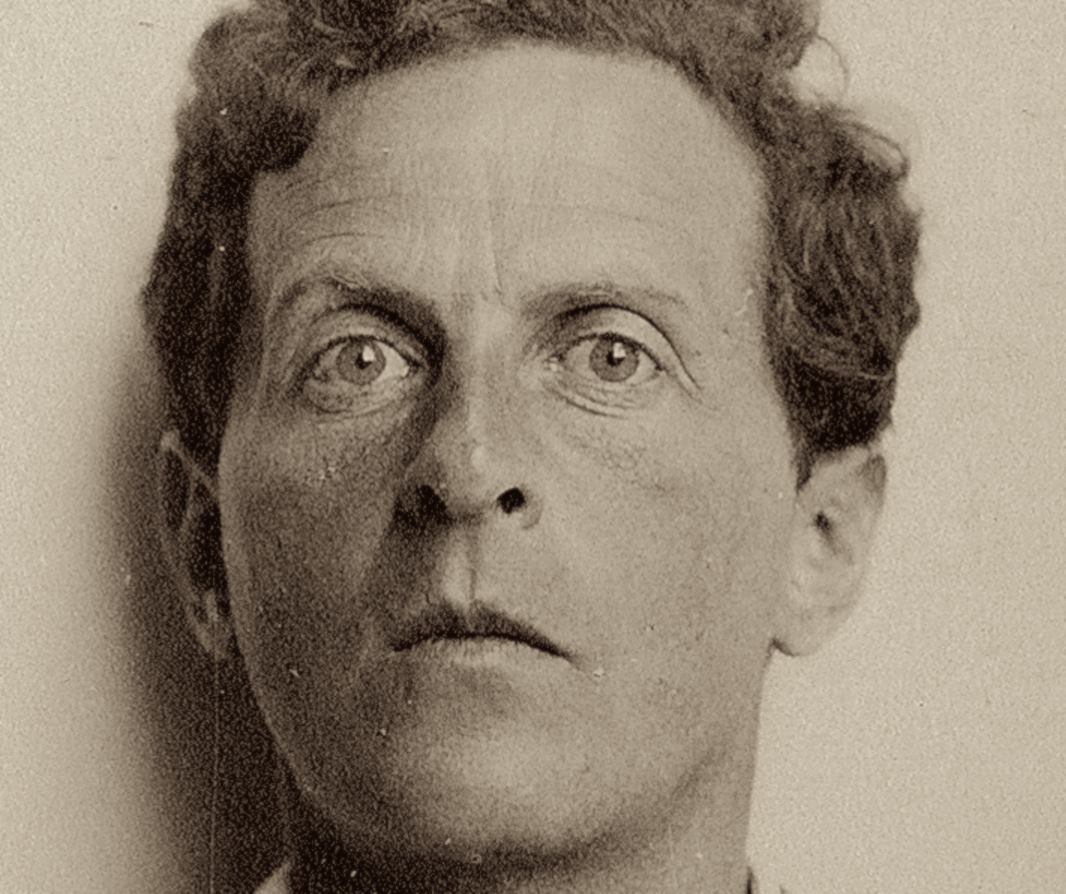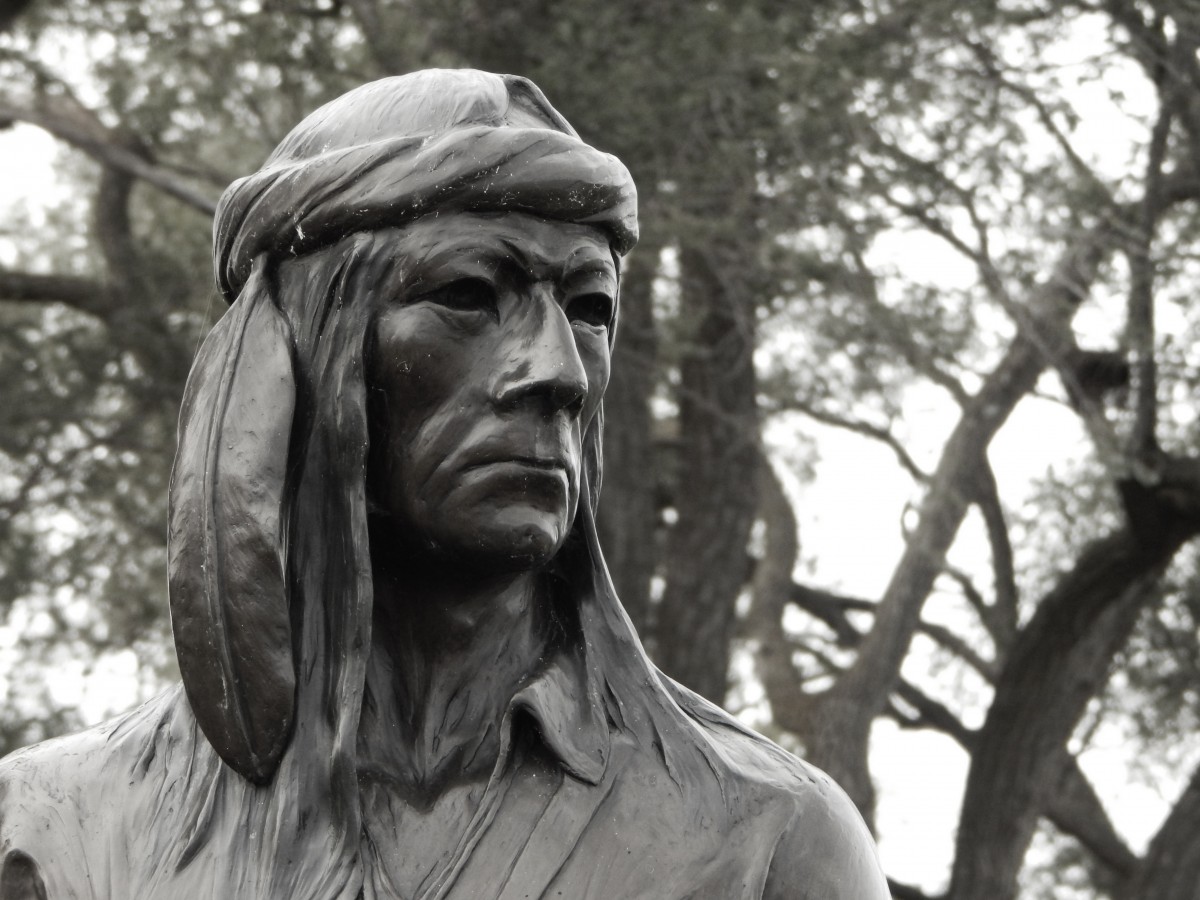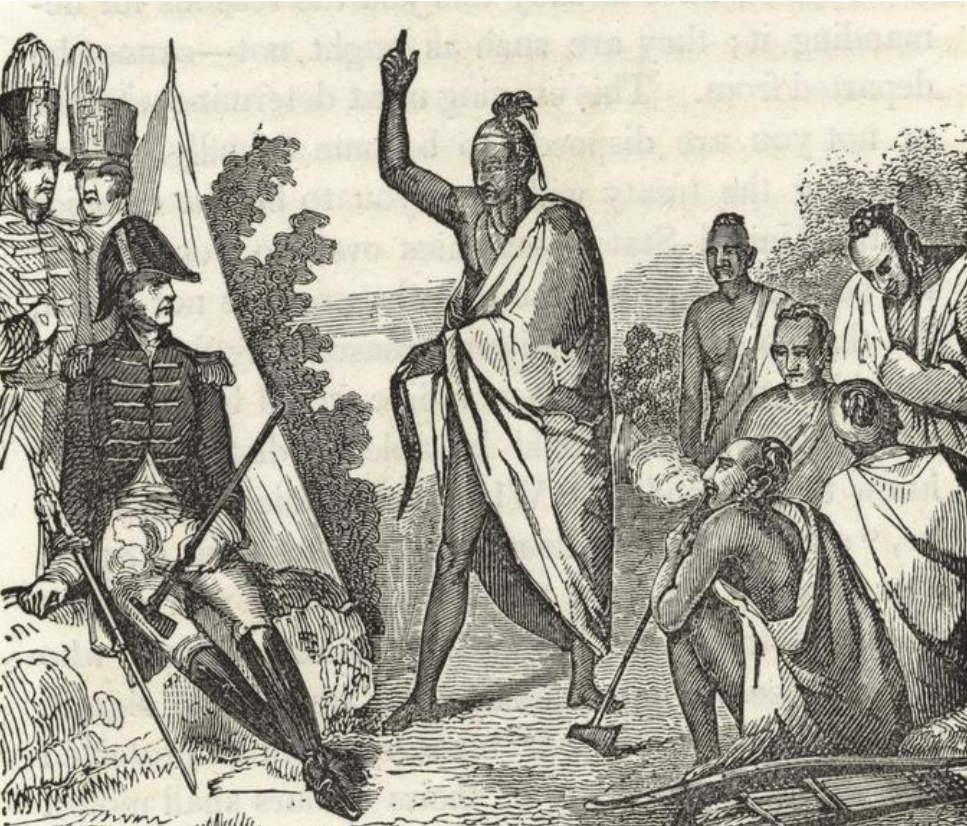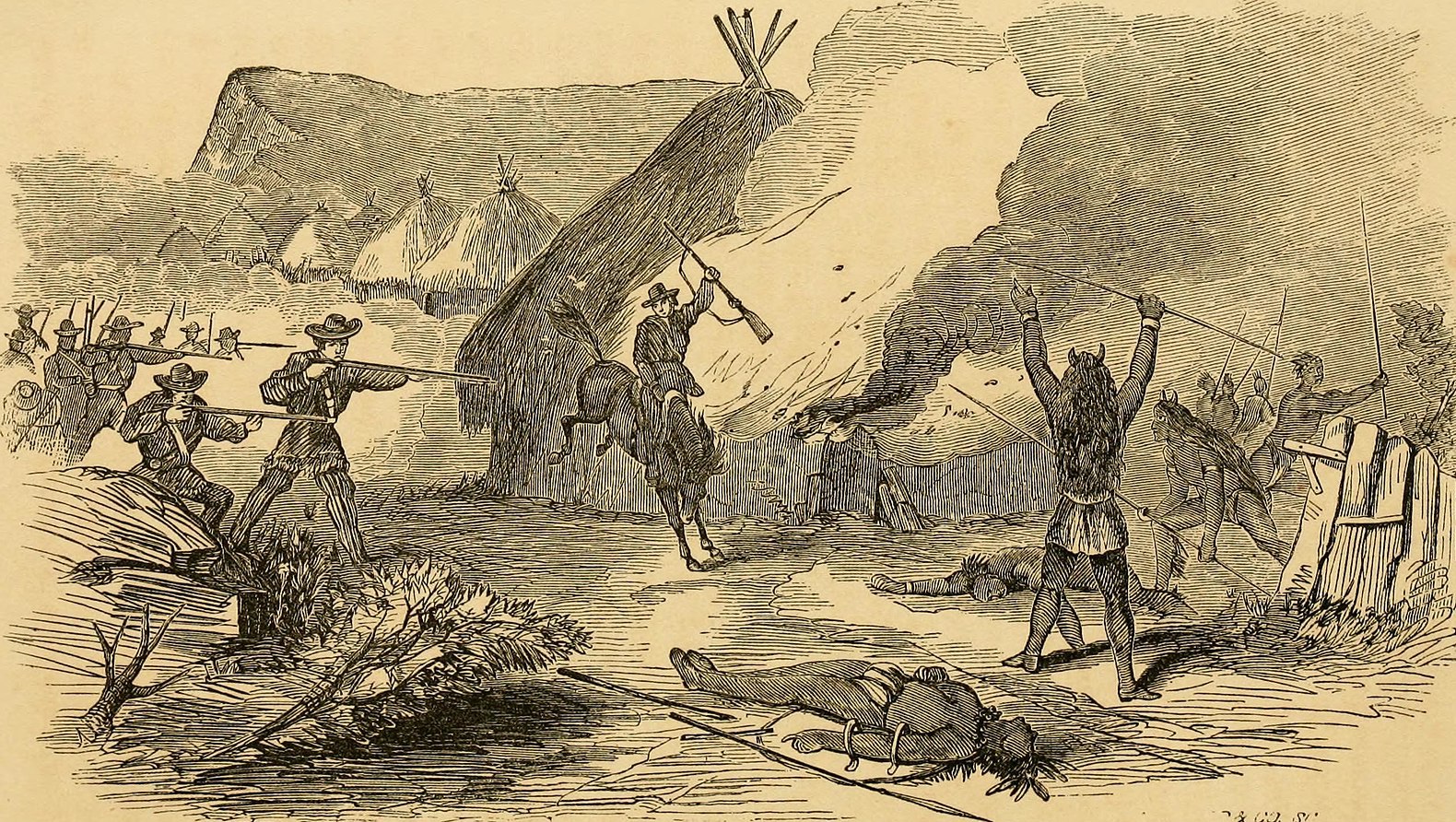This is the eighth lecture in an eight-lecture series. The most recent lecture can be found here. The paper these lectures support is entitled “God, Christ, and Salvation”, but of these it seems that only the first two are actually addressed. You have heard eight lectures about “God”. So, what about salvation? Is this at […]
God As Person and Trinity, Lecture 7 (Johannes Zachhuber)
The following is the seventh lecture in an eight-lecture series. The most recent one can be found here. The possibility that God is person has often been denied. It has been pointed out that the concept of person in order to make sense to us needs limitations which we wouldn’t not willingly ascribe to God. […]
God And Language, Lecture 6 (Johannes Zachhuber)
The following is the sixth lecture in an eight-lecture series. The most recent one can be found here. I started the last couple of lectures with elaborate explanations of the meaning and the relevance of the topic. This seems less necessary today. That theology as the task of thinking and speaking about God is closely […]
“Damn It, He’s An Injun!” Christian Murder, Colonial Wealth, And Tanned Human Skin, Part 3 (Tink Tinker, wazhazhe udsethe)
The following is the final of a three-part series. The first installation can be found here, the second here. The article in full originally appeared in The New Polis in January, 2019. There are a number of issues here to which our interpretive analysis must be drawn: First of all, we need to note the immense attention […]
“Damn It, He’s An Injun!” Christian Murder, Colonial Wealth, And Tanned Human Skin, Part 2 (Tink Tinker, wazhazhe udsethe)
The following is the second of a three-part series. The first installation can be found here. The article in full originally appeared in The New Polis in January, 2019. Trans Allegheny Frontier Enclaves David Morgan was certainly not alone in his disdain for the aboriginal Peoples of this continent, nor, in the final analysis did he […]
“Damn It, He’s An Injun!” Christian Murder, Colonial Wealth, And Tanned Human Skin (Tink Tinker, wazhazhe udsethe), Part 1
The following is the first of a three-part installment. The article in full originally appeared in The New Polis in January, 2019. “Damn it, he’s an Injun!” The settlers on the upper waters of the Monongahela often went in canoes and flat-boats to Fort Pitt, where they exchanged skins, furs, jerked venison, and other products […]
Review – The Intimate Universal (Stephen Bujno)
William Desmond, The Intimate Universal: The Hidden Porosity Among Religion, Art, Philosophy, and Politics. Columbia University Press, 2016. 520 pages. ISBN 9780231178761 Illustrating the constrictions of the received metaphysical legacy, the intimate as a universal seeks a space between the typical contrasts of the notion of particulars and universals, or the immanent and transcendent. Desmond […]
Review – The Enigmatic Absolute (Stanimir Panayotov)
Joshua Ramey and Matthew S. Haar Farris (Eds.), Speculation, Heresy, and Gnosis in Contemporary Philosophy of Religion: The Enigmatic Absolute. Lanham, MD: Rowman and Littlefield, 2016. 299 pages. ISBN: 9781786601414 The volume edited by Ramey and Haar Farris is a compendium of, for the most part, high theory experimental writings. The volume collects reworked papers […]
Review – Performance Apophatics (John Matthew Allison)
Claire Maria Chambers. Performance Studies and Negative Epistemology: Performance Apophatics. Palgrave Macmillan, 2017. Hardback. 301 pages. Performance Studies and Negative Epistemology: Performance Apophatics (hereafter Performance Studies) is a book about the limits of knowledge. Drawing upon a variety of fields – including performance studies, Christian negative theology, and assorted schools of Continental philosophy – Claire […]
Review – Decolonizing Dialectics (Josiah Solis)
Ciccariello-Maher, George. Decolonizing Dialectics. Durham NC: Duke University Press, 2017. 256 pages. ISBN-10: 0822362430. Hardcover, paperback, e-book. “Truly to escape Hegel,” Michele Foucault warns, “involves an exact appreciation of the price we have to pay to detach ourselves from him.” Considering that price, George Ciccariello-Maher has decided that Hegel’s methodological legacy –– the dynamic movement of conflictive […]









